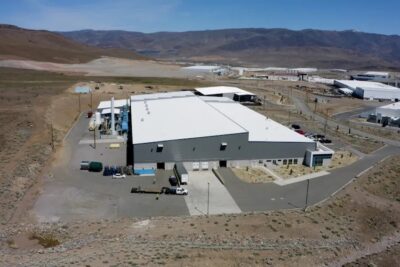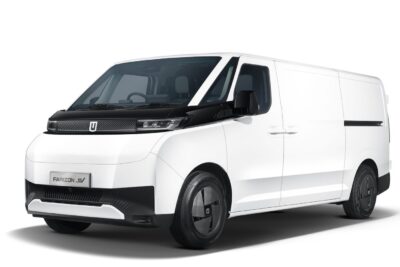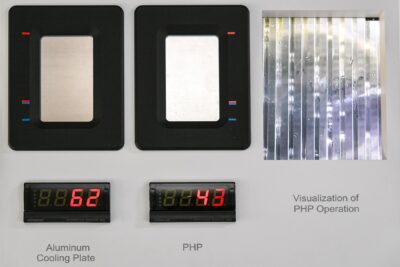Lyten delivers first lithium-sulphur battery cells to customers
With the new technical basis, Lyten is producing its new lithium-sulphur cells in both pouch and cylindrical formats (2170 and 18650). Following the delivery of the first 6.5 Ah pouch cells, the first cylindrical cells for customer evaluation are to follow this year.
Lyten’s first shipped samples went to a major US consumer electronics company, as well as announced plans to ship cells to the US Department of Defence in May and is targeting shipment of samples to more than 20 potential customers for commercial evaluation in the second and third quarters of 2024. Lyten currently plans to deliver cells for commercial use to aerospace and defence customers later this year.
The lithium-sulfur A samples will be manufactured in Lyten’s automated pilot line in San Jose, California, which opened in May 2023. The pilot line was built using standard lithium-ion equipment and manufacturing processes and, according to the company, underscores the scalable manufacturability of Lyten’s lithium-sulfur cells. The San Jose production line will supply B-samples for auto OEMs and commercial cells for smaller volumes to non-EV customers. Lyten’s first giga-scale facility is currently being designed with Turner Construction and SSOE for the production of C-samples for the automotive industry and beyond.
“This milestone is the result of years of dedicated work and innovation from the Lyten team, and we are just at the start of further expanding the capabilities of our lithium-sulfur battery cells,” said Dan Cook, Lyten CEO and Co-Founder.
“The world needs a practical, mass market battery, and that is what we are building with our lithium-sulfur technology,” stated Celina Mikolajczak, Chief Battery Technology Officer at Lyten. “Mass market electrification and net zero goals demand higher energy density, lighter weight, and lower cost batteries that can be fully sourced and manufactured at massive scale using abundantly available local materials. That is Lyten’s lithium-sulfur battery.”
Lyten writes in its press release that it considers lithium-sulphur as a leapfrog battery technology that has the potential to deliver twice the energy density of current NMC batteries, but with material and manufacturing costs competitive with those of low-cost LFP. The Li-S cathode consists of abundant sulphur and the 3D graphene developed by Lyten, which is obtained by extracting carbon from methane. This eliminates the need for critical minerals such as nickel, cobalt and manganese in the cathode. The Li-S anode is a lithium-metal composite that eliminates the need for graphite. The elimination of critical minerals means a carbon footprint more than 65 per cent lower than lithium-ion batteries and a supply chain that can be fully sourced on a large scale in the US or EU.
Lyten was founded in 2015 and has raised more than $410 million in equity funding to date, including investments from Stellantis, FedEx, Honeywell, Walbridge and Prime Movers Lab. In February, Chrysler announced the use of Lyten’s Li-S batteries in its Halcyon concept vehicle.





0 Comments